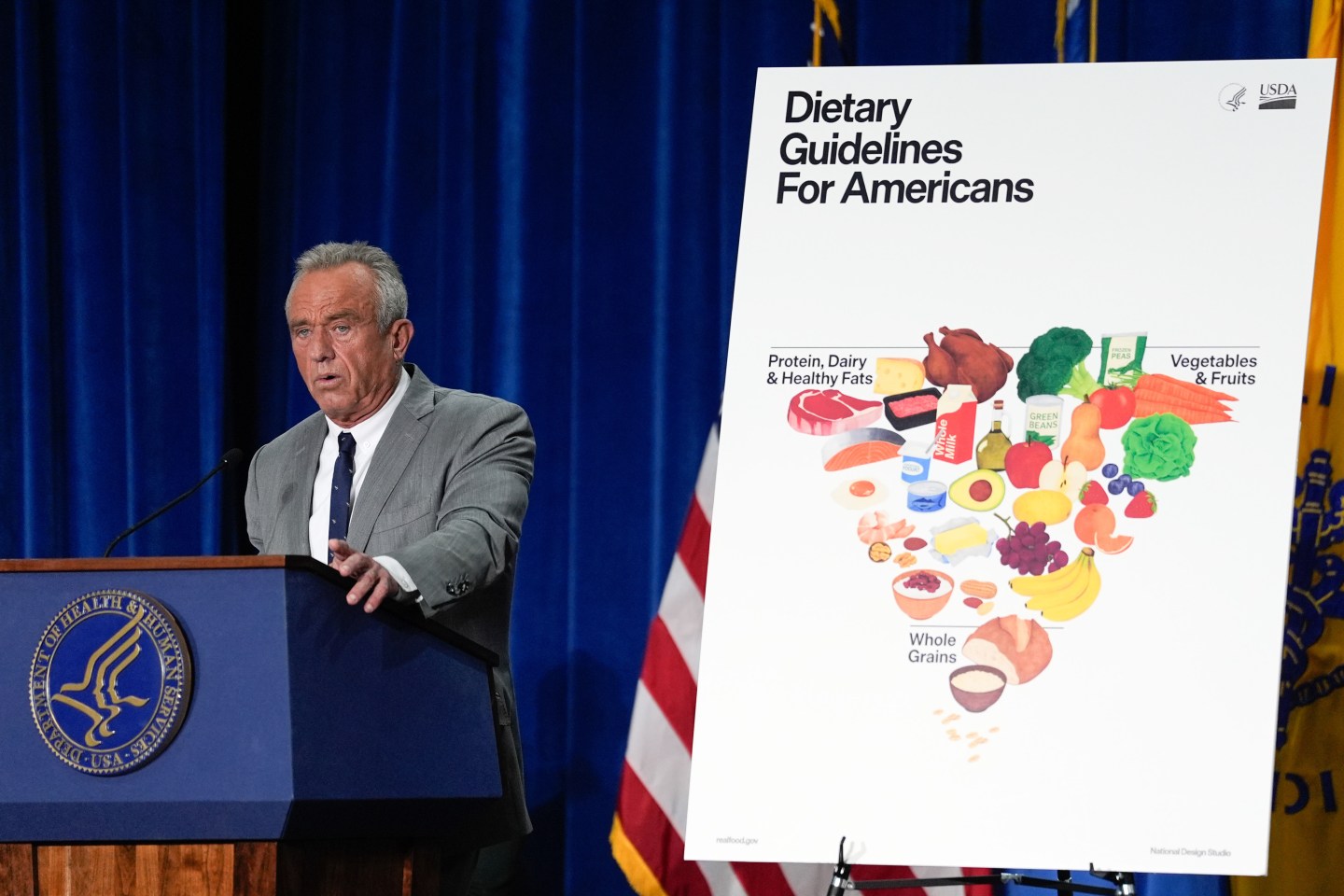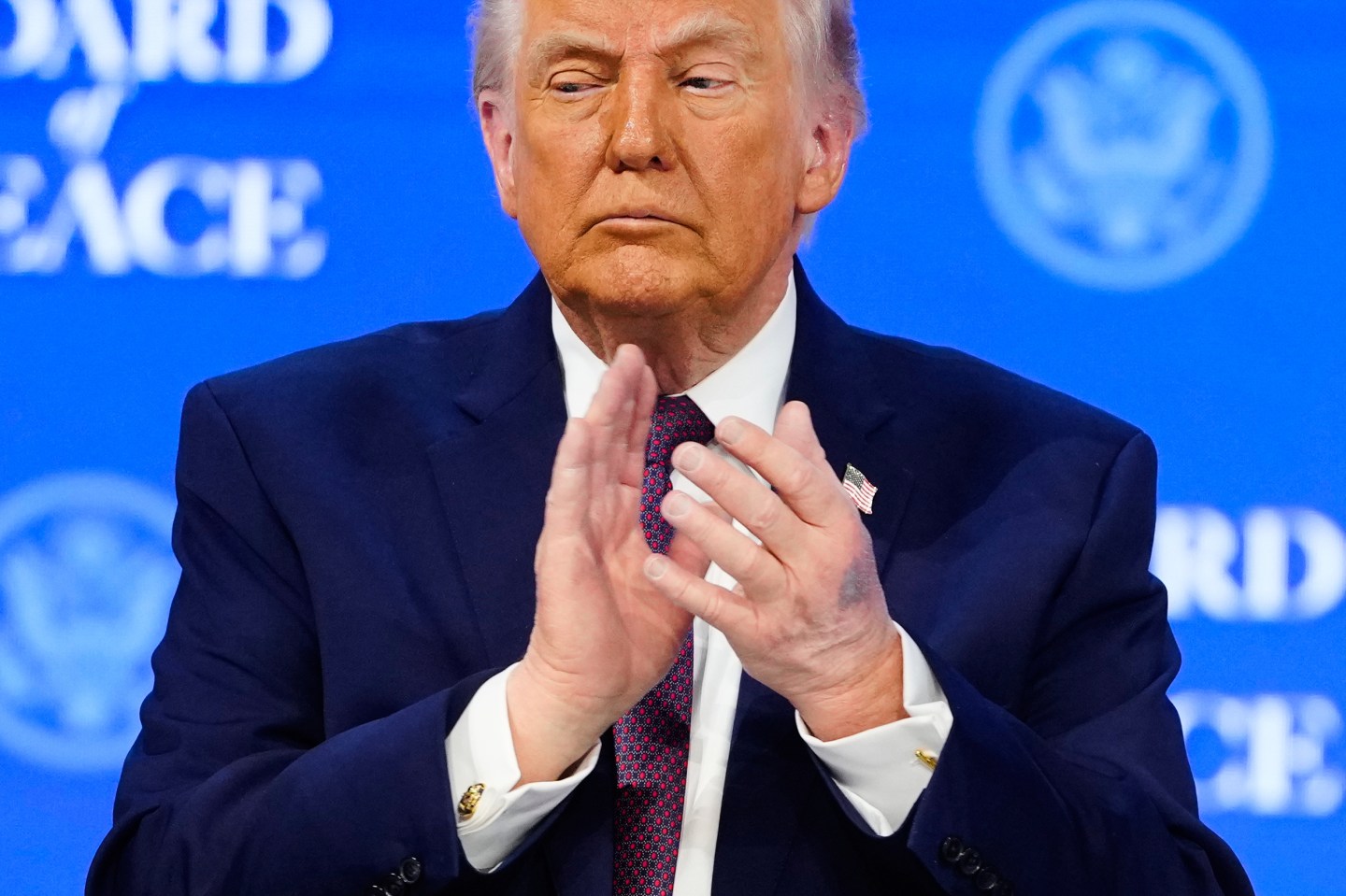Medtronic (MDT) has reportedly filed for FDA approval of an “artificial pancreas” that could transform diabetes care. The medical device giant thinks its MiniMed 670G product could hit the market in 2017, according to Bloomberg.
Coins2Day has contacted Medtronic to confirm the FDA filing and will update this post if it responds.
Diabetes maintenance is time consuming and costly. Patients must regularly monitor their blood sugar and take insulin injections because their pancreas’ fail to produce enough insulin to counteract excess glucose in the blood. Hitting appropriate target levels can be difficult because of irregular dosing schedules.
So, the 670G strives to largely automate the process. It uses a tech trifecta of a glucose sensor, an insulin pump, and a patch with a small needle that injects insulin from the pump into the body. All of this works in tandem with a wireless smartphone-type device that displays blood sugar and insulin metrics. The machine monitors glucose levels in five-minute intervals and shifts the amount of insulin it delivers to the patient, thus ensuring they remain in their target range.
Click here to subscribe to our new Brainstorm Health Daily Newsletter.
Richard Bergenstal, who led the trial supporting Medtronic’s FDA filing, told Bloomberg that the goal was make sure patients didn’t have to spend “every hour of the day worrying about their diabetes or preparing for the next event.”
(The process isn’t fully automated. Patients must still refill the insulin pump, change the sensor, and do a finger-prick test every 12 hours.)
Drug and device makers have been experimenting with ways to improve how drugs are delivered to the body in order to increase patient compliance with their regimens and, the hope is, public health at large. In May, the FDA approved the first-ever implant to treat opioid addiction.
Diabetes has proven a challenge, though—MannKind’s (MNKD) inhaled insulin Afrezza, approved in 2014, flopped, leading partner Sanofi to break off its collaboration on the product.












